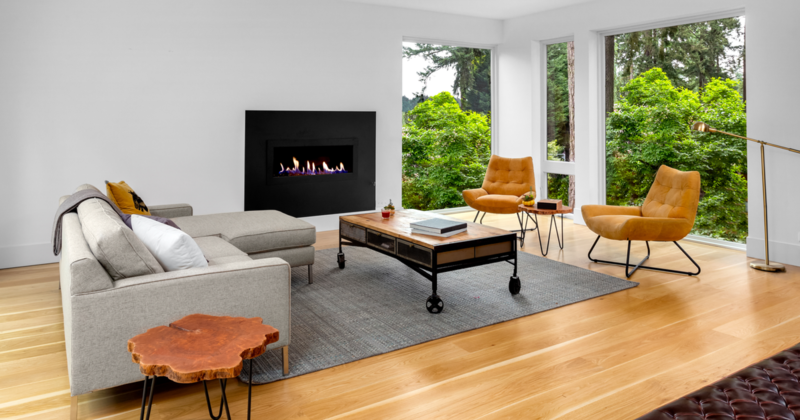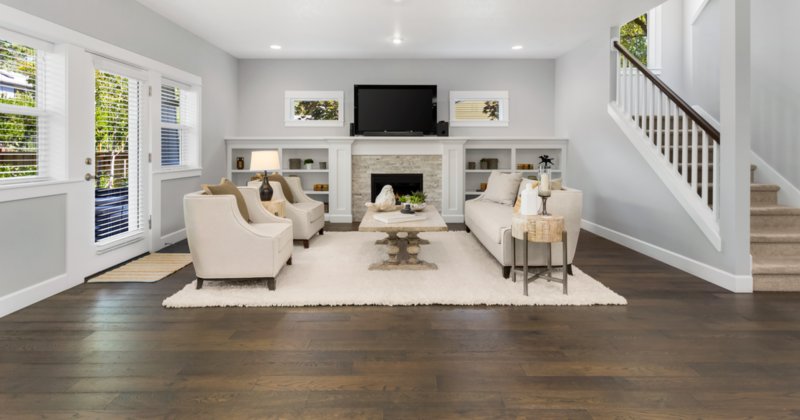How You Can Reduce Homebuying Stress

Buying a home can be stressful (especially in a hot market).
But you’re in luck: There are ways to combat any worries you have and make homebuying a more enjoyable journey.
Are you getting ready to purchase a home? Want to ease the stress of it all? Here are four strategies that could help.
- Prep your finances early. Having your finances in order can help make the process significantly smoother. You should have plenty saved up for your down payment and closing costs, and be sure to gather all the documentation you’ll need to apply for a mortgage (W-2s, bank statements, etc.).
- Communicate openly about what you want. Knowing your needs and deal breakers — and communicating them early on — is critical to a hassle-free process. We’ll go over your budget, home purchase goals and any questions and concerns you might have along the way.
- Delegate where possible. You don’t have to do everything on your own; in fact, that could make the process more stressful. Instead, rely on the experts — your loan officer, home inspector and other pros involved in the process. Lean on us for help and support, and don’t feel like it all rests on your shoulders. Family and friends could help carry some weight, too.
- Keep the big picture in mind. There may be hiccups along the way, but never lose sight of the big picture: your dream home and all that comes with it. Keeping things in perspective can help you weather anything that might come your way.
Get in touch so you can have an experienced real estate agent by your side and reduce your homebuying stress considerably.













